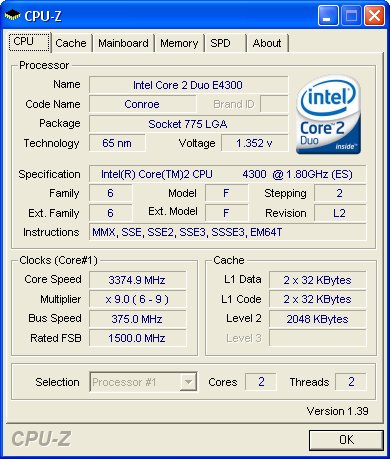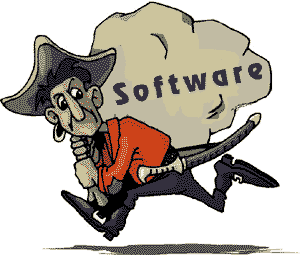
Handcuffs. File photo.
Image by: Gallo Images/Thinkstock
Australian police have arrested a man they say is affiliated
with international hacking collective Lulz Security on a charge of
attacking and defacing a government website, officials said.
The 24-year-old senior IT worker, whose name was not
released, was arrested on Tuesday night at his Sydney office, the
Australian Federal Police said. The man, who police say has claimed to
be a high-level member of the hacking group, was charged with two counts
of unauthorised modification of data to cause impairment, and one count
of unauthorised access to, or modification of, restricted data. If
convicted, he could face up to 12 years in jail.
Lulz Security, or LulzSec, is an offshoot of the hacking group
Anonymous. LulzSec was formed in 2011 and quickly grabbed headlines
after claiming responsibility for a series of high-profile cyberattacks
against the CIA, Sony Pictures, the U.S. Public Broadcasting Service and
Britain's Serious Organized Crime Agency.
Several members of the group have been arrested in recent years,
including its reputed leader, known as Sabu. Sabu turned out to be FBI
informant Hector Xavier Monsegur, who federal officials said helped them
build a case against several other hackers. Two weeks ago, British
LulzSec hacker Ryan Ackroyd pleaded guilty to several cyberattacks.
Australian Federal Police Superintendent Brad Marden said the man
arrested on Tuesday hacked into an Australian government website and
defaced it earlier this month. Marden would not say which website was
attacked, but said it did not belong to a federal agency. Police don't
believe any sensitive data stored on the site was accessed in the
attack, and don't believe anyone else was involved in the hack.
The man, from Gosford - about 80 kilometers (50 miles) north of
Sydney -claimed to be the Australian leader of LulzSec, Australian
Federal Police Commander Glen McEwen said. But Anonymous Australia
appeared to laugh off those claims on Twitter. In response to a follower
asking if anyone knew who the man was, the group tweeted: "Nope not
part of the usual suspects on any of our chans of communication."
Police began investigating the man two weeks ago after they discovered the government website had been hacked.
"This individual was operating from a position of trust who had
access to sensitive information from clients including government
agencies," McEwen said. "The AFP believes this man's skill sets and
access to this type of information presented a considerable risk for
Australian society."
The man was released on bail and ordered to appear in court next month.

